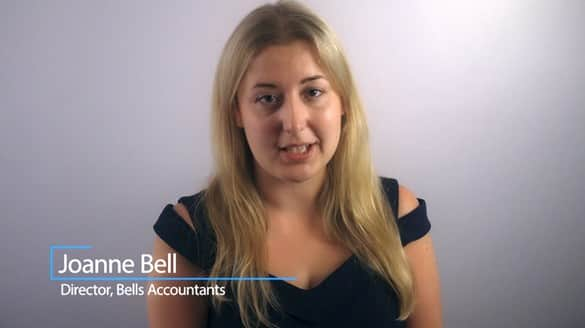Fill out the form below to arrange a free no obligation consultation
ABOUT OUR PERSONAL TAX SERVICES
Expert tax advice
Get personalised guidance on capital gains, income, inheritance tax, and more.
Tax return help
Our experts ensure you claim all deductions to reduce your tax burden.
Personalised tax planning
Optimise your finances and minimise your tax liability with our expert planning.
Self-assessment support
We simplify your tax filings and ensure you meet all your tax obligations.
Our Reviews
Find out what it’s like to work with us from the people who know best – our existing clients!

Free switch-over service
Discover just how easy it is to switch accountants.
Why you need personal tax services
Minimise tax liabilities
Effective tax planning can significantly reduce the amount of tax you need to pay, allowing you to keep more of your earnings.
Expert guidance
Managing complex tax situations, such as foreign income or investments, requires specialist knowledge that our tax advisors in Kent provide.
Avoid penalties
By ensuring timely and accurate tax submissions, we help you avoid costly penalties and interest charges.
Maximise savings
We identify and apply all applicable tax reliefs and allowances to optimise your tax position.

Sale of a property that is
not your home
Selling a property can have unexpected tax implications. Our expert team can help you understand your obligations, calculate any tax due, and ensure timely submissions to HMRC.
Timely reporting: Report and pay Capital Gains Tax within 30 days of selling a property that’s not your main home to comply with HMRC rules.
Avoid penalties: Missing the 30-day deadline can result in penalties and interest charges.
Proactive tax management: Contact our personal tax accountants to ensure your tax obligations are met efficiently.
What you can expect from our services
- Tax assessment: Detailed reviews on all tax-saving opportunities.
- Clear communication: Regular updates throughout the tax process.
- Professional advice: Expert advice to handle complex personal tax scenarios.
- Timely support: Assistance with deadlines to avoid penalties.
- Expert solutions: Personal tax advice that fit your specific financial situations.

Why choose us for
personal tax services
- Experienced team: Our skilled tax accountants ensure accurate and complaint tax filings.
- Transparent pricing: No hourly rates or hidden costs—just clear, upfront pricing.
- Dedicated support: Quick responses and reliable support whenever you need assistance.
- Plain English: We explain complex tax terms in easy-to-understand language.
- Accountability: We cover fines if we miss any deadlines, giving you peace of mind.
Frequently asked questions:
Q: How can you help optimise my personal tax situation?
A: We’ll analyse your finances, identify tax-saving opportunities, and create a personalised plan to minimise your tax bill. For more advise, you can contact our tax advisors in Kent on 020 8850 0700 or email .
Q: What documents do I need to provide for personal tax services?
A: To assist with your personal tax return, we typically require documentation such as income statements, expense receipts, investment records, and details of any property sales. Specific documents may vary based on your individual situation.
Q: Can you assist with complex tax situations, like foreign income or investments?
A: Yes, we have expertise in managing complex tax scenarios, including foreign income and investments. Our team will guide you through international tax regulations to ensure compliance and optimise your tax outcomes.
Q: How do you ensure that I am taking advantage of all available tax reliefs and allowances?
A: We conduct thorough tax assessments to identify all applicable reliefs and allowances. Our proactive approach ensures that you benefit from every tax-saving opportunity available to you.
Q: Do you offer ongoing tax advice and planning throughout the year?
A: Yes, we provide ongoing tax advice and planning services. Our team is available to offer continuous support and guidance, helping you stay informed and prepared for any changes or opportunities throughout the year.
Deciding on the right approach for your company
Do you know the tax implications for your business? Much of it depends on whether you are a sole trader or a limited company:Would you like to see how Bells Accountants can help you?
For effective, efficient, and personalised tax services, please contact us on 020 8850 0700 or email to reduce your tax liability.


